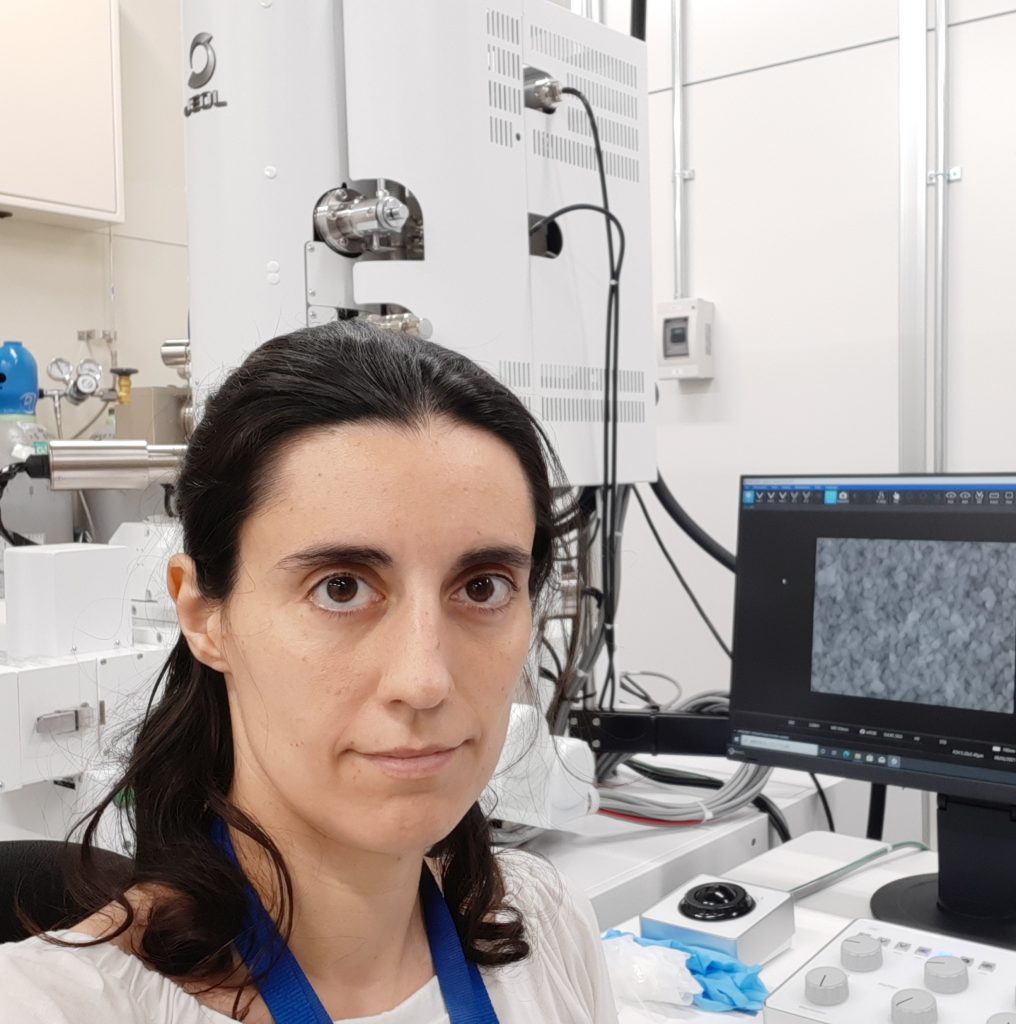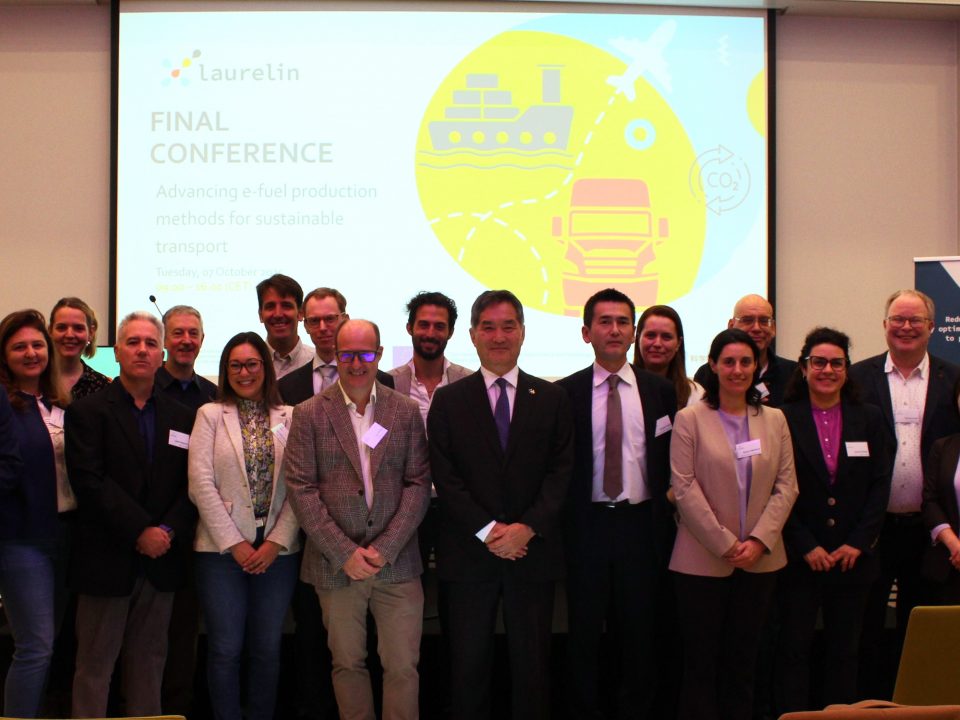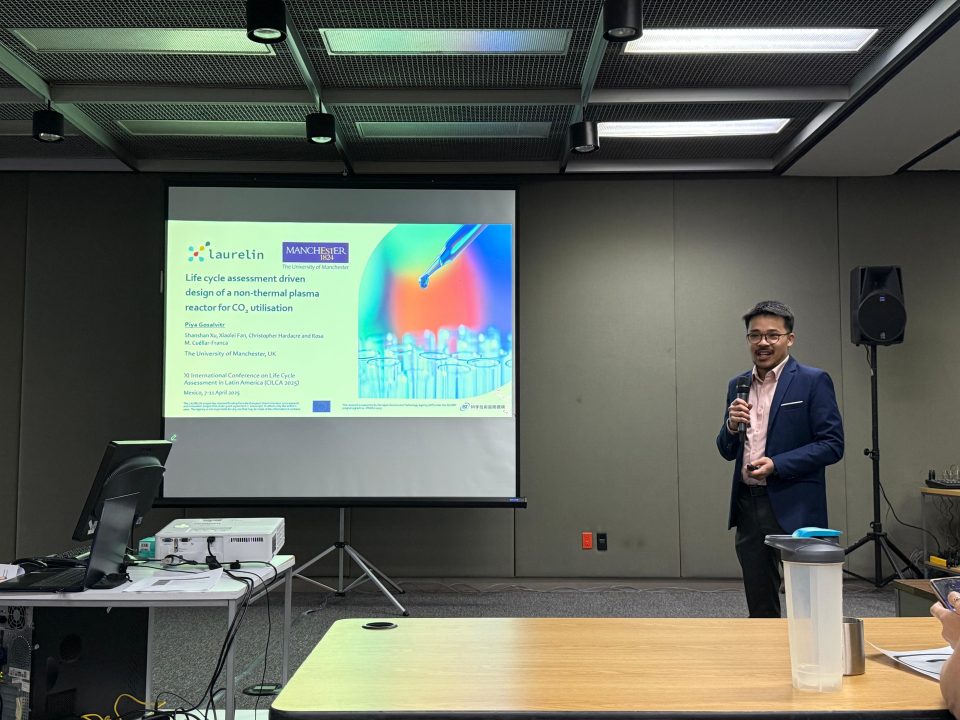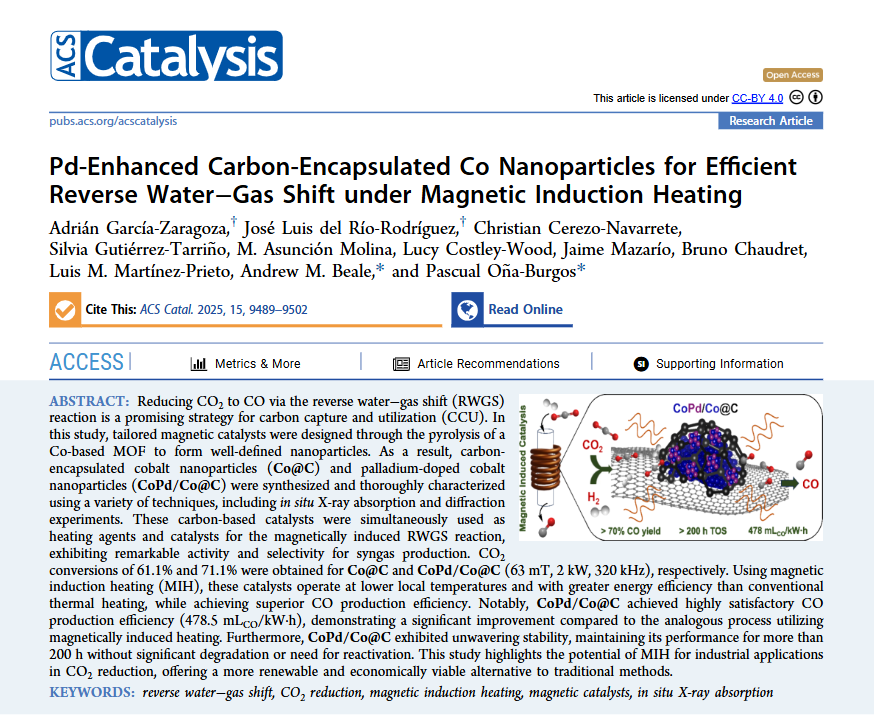Interview with our partner Tokyo University
Why did the Tokyo University joined the LAURELIN project?
Raquel Simancas, Project Assistant Professor at The University of Tokyo (UT): LAURELIN project is focused on the mitigation of CO2 emissions and the development of strategies to convert CO2 into valuable fuels and chemical products. To achieve those goals, the CO2 is reduced to methanol using unconventional reactor systems, such as non-thermal plasma, microwaves and magnetic induction, with the target to reduce the required energy supply. One crucial challenge of the project is the design and preparation of catalysts active for the reduction reaction and for each catalytic configuration.
One of the objectives of the University of Tokyo is the development of a more sustainable society, and the achievement of carbon neutrality is one of the first concerns. In this sense, our group is focused on the preparation of catalysts for environmental applications and the aims of our research themes perfectly fit with the LAURELIN project motivation.

What are the activities undertaken by the University of Tokyo in the framework of the project?
Raquel Simancas: The University of Tokyo focuses on the preparation and characterization of catalysts based on zeolites for CO2 hydrogenation to methanol which presents not only active sites for the reduction reaction but also for the specific reactor technology (non-thermal plasma, microwaves and magnetic induction).
What are the challenges that you have identified to fulfill LAURELIN’s objective (the development of multifunctional and heterogeneous catalyst systems for efficient synthesis of renewable methanol)?
Raquel Simancas: The preparation of the catalysts is a challenge in itself because several material properties should be considered. On one hand, the incorporation of the active sites for the reduction of CO2 should be carefully carried out to maximize the production of methanol. On the other hand, the active species for each reactor technology must be introduced to use the energy effectively. The proper selection of the solid synthesis conditions is a critical step in the preparation of the required multifunctional catalysts.
Another parameter to take into account is the possibility of the preparation of the catalysts in large quantities. In this sense, our group has developed several techniques which allow us to obtain the solids in several minutes with the possibility of preparing the solids in a continuous flow.
How important is the cooperation with your (European) partners for the development of catalyst systems for the synthesis of renewable methanol?
Raquel Simancas: Mitigation of CO2 emissions and climate change is a global problem that requires the collaborative work of experts in different disciplines. In the LAURELIN project, the participation of specialists in various fields has allowed the creation of an interdisciplinary team that can deal with the problem from different points of view. The knowledge of the European partners in the development of new reactor technologies and their feedback is fundamental for us to develop new catalysts for methanol production. In this way, collaboration and communication among all the project partners are very efficient, which is essential to accomplish the goals of the project.




